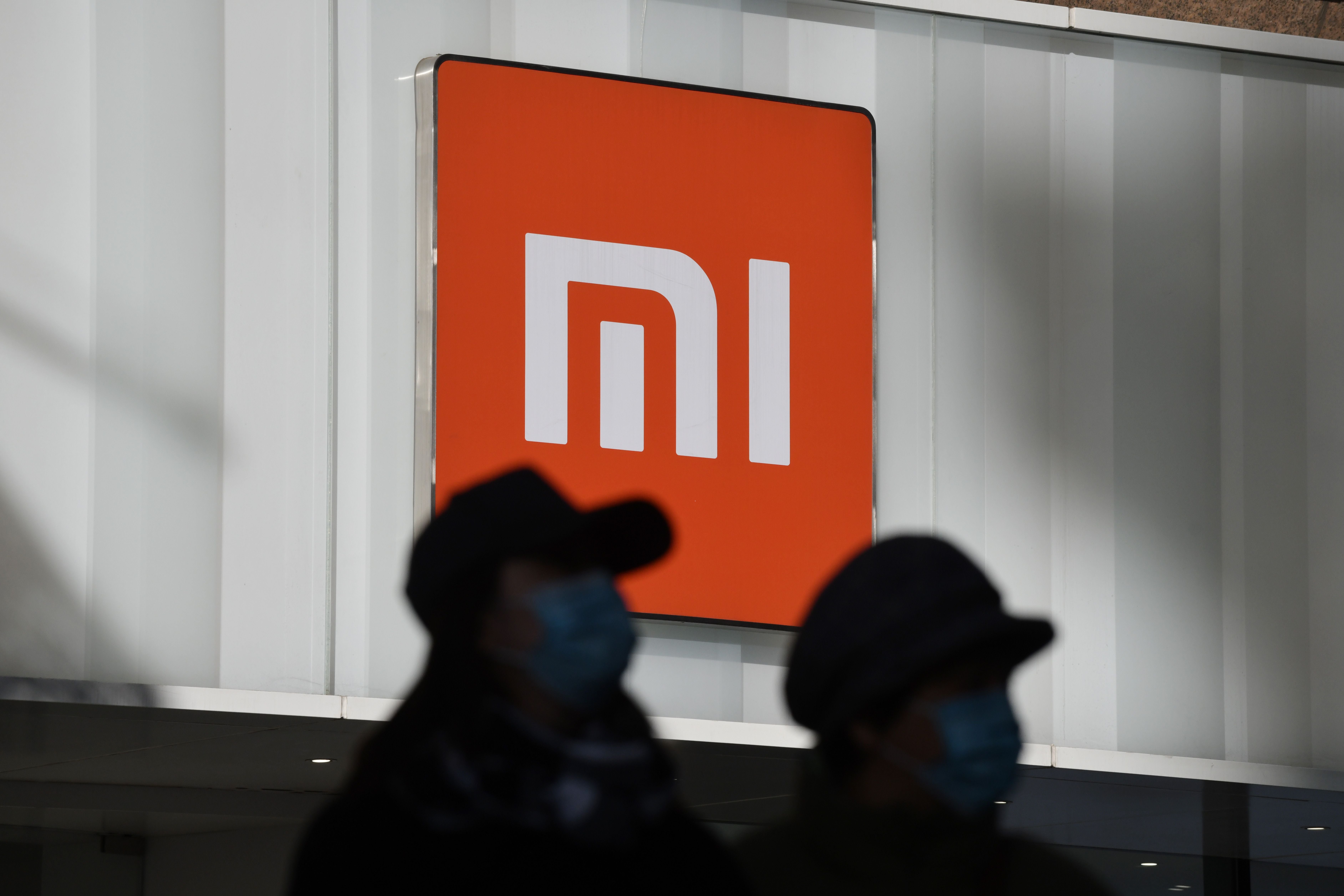Xiaomi phones seem to have a built-in ‘censorship’ blacklist – but it isn’t as nefarious as it sounds
The file found by the Lithuanian government may be an advertising blocklist, XDA Developers believes

A strange list of over 400 terms found on Xiaomi smartphones that was reported to be used for censorship may in fact be an advertising blacklist.
Lithuania’s Defense Ministry recently advised its citizens against buying the Chinese brand’s phones because they claimed they could detect and censor terms such as ‘Free Tibet’, ‘Long Live Taiwan Independence’ or ‘democracy movement’.
“Our recommendation is not to buy new Chinese phones, and to get rid of those already purchased as fast as possible”, Defence deputy minister, Margiris Abukevicius, said. The country’s cyber centre said that the phone transferred encrypted data to a server in Singapore, which Xiaomi denied.
The report referenced a file on Xiaomi phones called MiAdBlacklistConfig, but an investigation from XDA Developers found that, rather than 449 words identified in the file, there are 2210 records.
These records do mention Tibet and Hong Kong, the report states, but also other smartphone brands, the phrase ‘download bollywood song’, and even some of Xiaomi’s own branding: ‘mi’, ‘xiaomi m5’, and ‘mi mobile phone’.
XDA Developers claims that the researchers had “possibly made a pretty big error” because the code used in the phone filters an object called “INativeAd” - a method in the Xiaomi Global Ad Software Development Kit (SDK) used for displaying advertisements.
XDA Developers also says that the blacklist file was not referenced anywhere else, and believes it is used to filter ‘vulgar’ advertisements related to sex and other subjects.
The code is not active in devices sold in the European Union, and those builds do not contain advertisements. The code also does not appear to be used in Xiaomi’s browser app.
In a statement to The Independent, Xiaomi said: “Xiaomi’s devices do not censor communications to or from its users. Xiaomi has never and will never restrict or block any personal behaviors of our smartphone users, such as searching, calling, web browsing or the use of third-party communication software.
“Xiaomi fully respects and protects the legal rights of all users. Xiaomi complies with the European Union’s General Data Protection Regulation (GDPR).”
It did not provide comment on XDA Developer’s report. The Lithuanian NCSC did not respond to a request for comment before time of publication.
Join our commenting forum
Join thought-provoking conversations, follow other Independent readers and see their replies
Comments
Bookmark popover
Removed from bookmarks